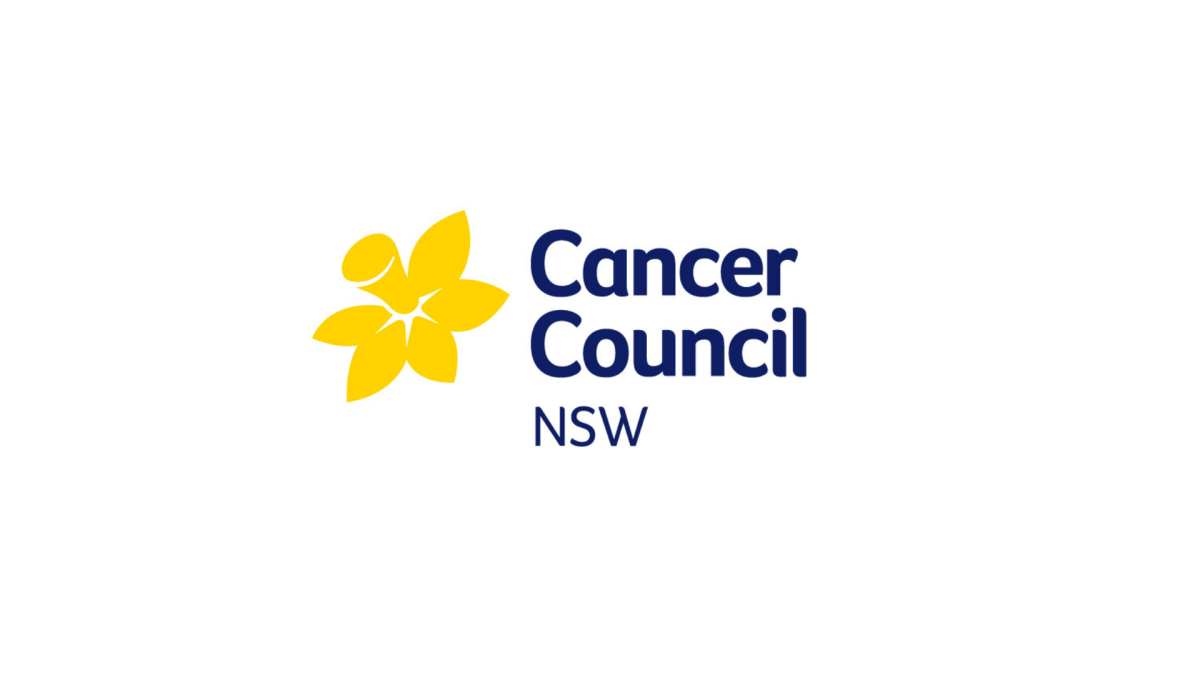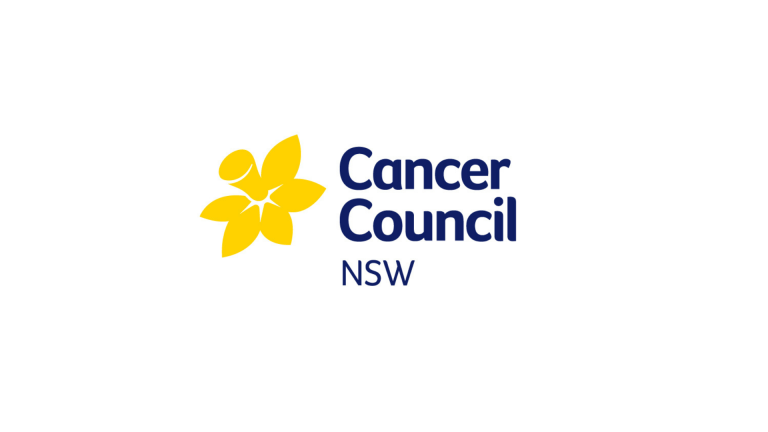evidence of an effective organisational change initiative at increasing the offer of quit
smoking support, including nicotine replacement therapy (NRT), to people accessing
community mental health organisations.
In a recent randomised trial carried out with mental health organisations delivering
community living programs in NSW, the Tackling Tobacco program resulted in a statistically
significant increase in staff offers of NRT and the use of NRT among participants living with
severe mental illness (aged 16 years and older).
Organisations participating in the program received a financial grant, access to training and
resources, and proactive monthly support from Cancer Council NSW to guide
implementation of the program. Staff completed training and capacity building activities to
build their knowledge, confidence and intentions to provide tailored quit smoking support,
including access to free NRT, to participants.
These results are especially positive given that while NRT (including patches, gum,
lozenges, mouth spray and inhalators) is recommended as part of gold standard smoking
cessation treatment, people living with mental illness often report the cost of NRT as a
barrier to access.
“The success of the Tackling Tobacco program shows when given resources and assistance,
community mental health organisations are well placed to offer quit smoking support, as they have long-term, trusted relationships with clients, can address smoking holistically in light of clients other needs and can facilitate clients’ access to clinical support as required” shares Dr Laura Twyman, Program Lead for Tobacco Cessation at Cancer Council NSW.
Quitting smoking reduces the risk of developing cancer, as well as heart disease and lung
disease, and improves self-reported depression and anxiety symptoms, mood and quality of
life.
that Australians living with mental illness were overrepresented in potentially preventable
cancer deaths1
“In Australia, every hour of every day there is a preventable cancer-caused death of
someone with mental illness. Cancer is the cause of 40% of all deaths of people 74 years of
age and younger living with mental illness.
“A program such as this has the potential to dramatically reduce the number of premature
deaths due to cancer and cardiovascular disease. Further, it will reduce demand on our
already stretched hospital and health services, but most importantly, it will protect the health
and improve the quality of life of people living with mental illness.” Commented Professor
Russell Roberts, National Director of Equally Well.
Program participants stated numerous benefits of quitting such as increased financial
savings, improvements in sleep, and decreased levels of stress. “I could say I probably
wouldn’t have quit without the support from family and my [community mental health
organisation],” says one male participant who quit smoking, aged 26-35.
The results of the current trial challenge preconceived notions about the interest people
living with mental illness have in receiving quit smoking support and replicates an earlier trial
of the Tackling Tobacco program’s effectiveness in alcohol and other drug services2
“We saw a notable increase in offer and uptake of NRT even though motivation to quit was
not part of the eligibility criteria for participants,” says Dr Twyman, “These results show that
regardless of levels of motivation, people living with severe mental illness are receptive to
offers of quit support.”
A unique focus of the Tackling Tobacco program is its aim to shift the culture of smoking
within community-based organisations towards environments that are supportive of quitting.
“Having a focus on researching this topic for more than 25 years now, I know the importance
of service systems culture and practice in playing its part to support smoking cessation for
people with mental health challenges.” Says Professor Sharon Lawn, College of Medicine and
Public Health, Flinders University.
“Tackling Tobacco’s organisational change initiative demonstrates the pivotal role that
community mental health organisations play in providing supportive environments for
participants to access quit smoking support” Concluded Dr Twyman.
If you would like to learn more about implementing Tackling Tobacco in your organisation,
contact tacklingtobacco@nswcc.org.au or 02 9334 1911
-ENDS-
References
1 Roberts, R, Wong, A, Lawrence, D, Lawn, S, and Johnson, C (2024). Summary Report: Mortality of people using Australian Government-funded mental health services and prescription medications: Analysis of 2016 Census, death registry, MBS and PBS data. Charles Sturt University, Bathurst, ISBN 978-1- 86-467447-7. .
2 Guillaumier A, Skelton E, Shakeshaft A, Farrell M, Tzelepis F, Walsberger S, D'Este C, Paul C, Dunlop A, Stirling R, Fowlie C, Kelly P, Oldmeadow C, Palazzi K, Bonevski B. Effect of increasing the delivery of smoking cessation care in alcohol and other drug treatment centres: a cluster-randomized controlled trial. Addiction. 2020 Jul;115(7):1345-1355. doi: 10.1111/add.14911. Epub 2020 Jan 6. PMID: 31762105. .
Media Contact: Claudia Bernardi | PR & Communications Specialist | Cancer Council NSW
Phone: 0422 571 005 Email: Claudia.Bernardi@nswcc.org.au
Spokespeople: Laura Twyman | Program Lead, Tobacco Cessation | Cancer Council NSW
About Tackling Tobacco: The Tackling Tobacco program aims to end tobacco-related disparities in priority populations in NSW by empowering organisations and individuals to address tobacco use through evidence-based smoking cessation strategies and support. Tackling Tobacco is led by Cancer Council NSW in partnership with non-government, not for profit organisations in the community service sector and is licensed for delivery by Cancer Council Western Australia and Cancer Council South Australia in their respective states.



